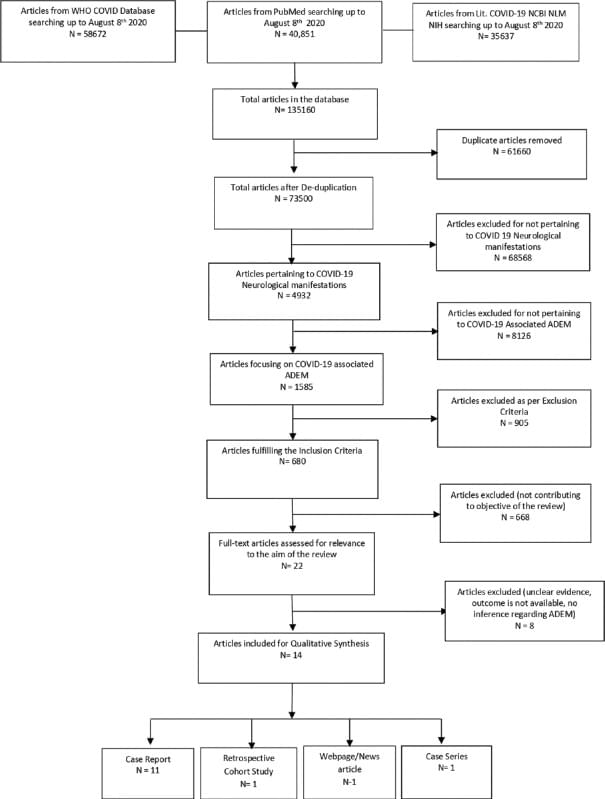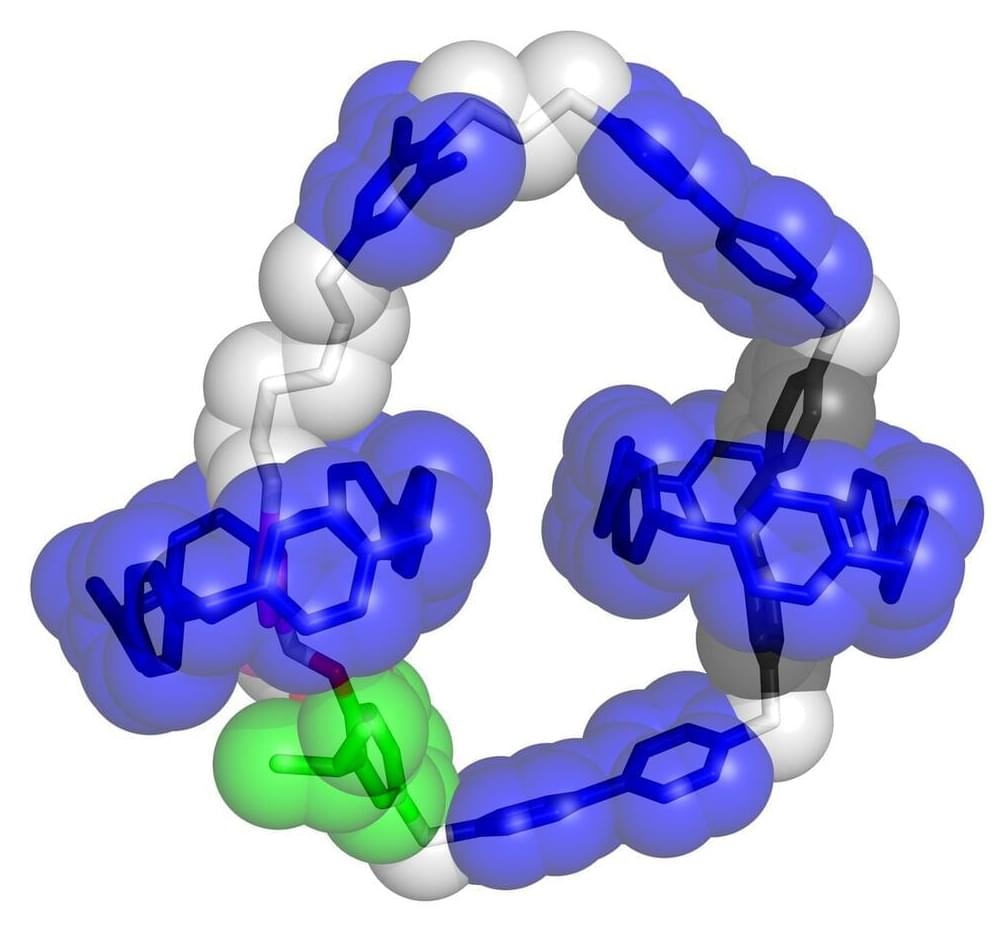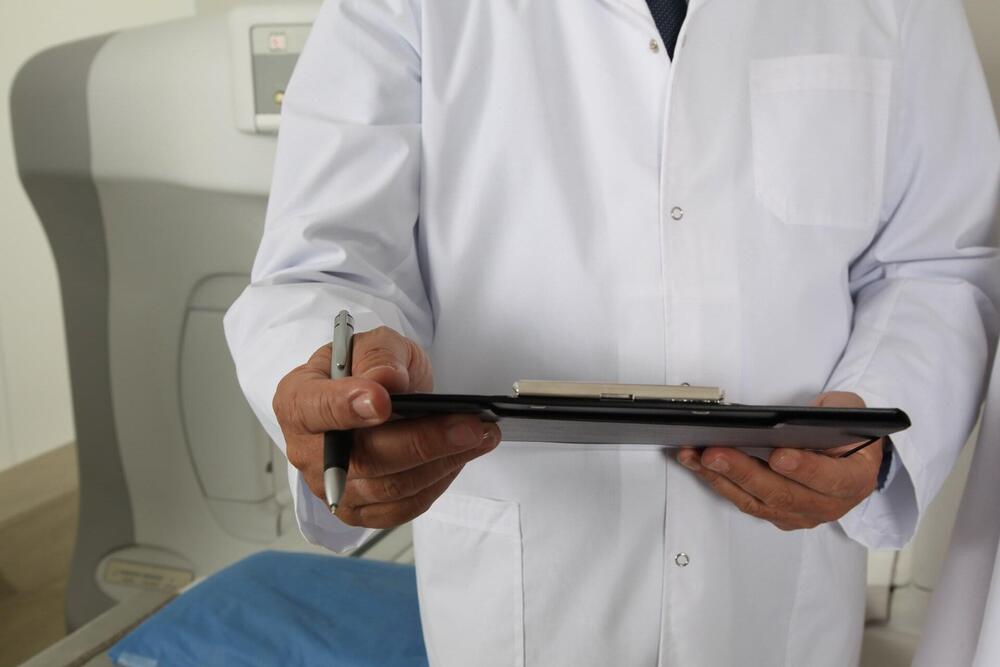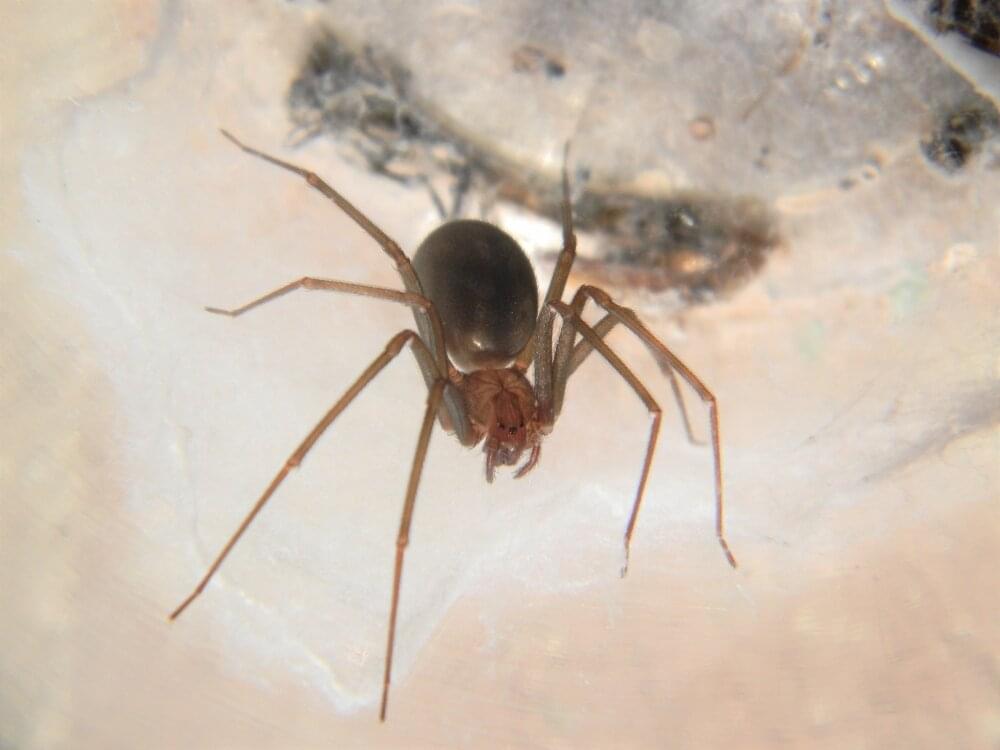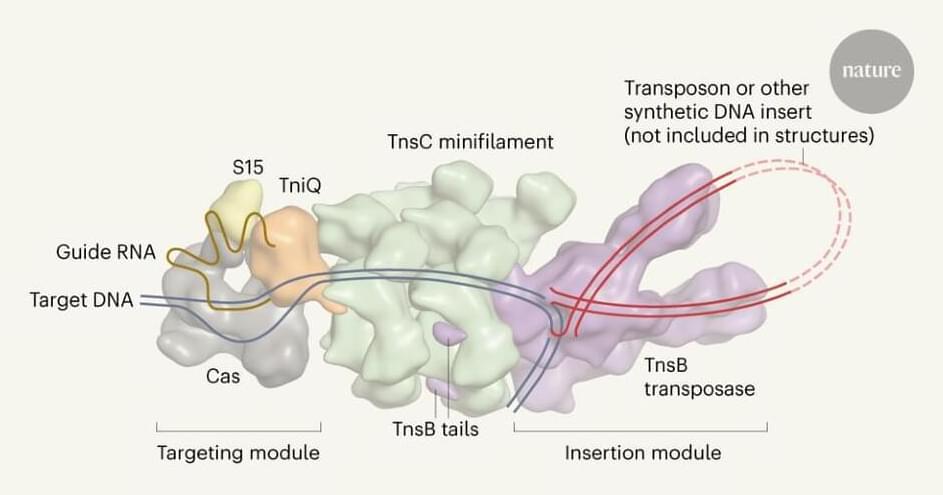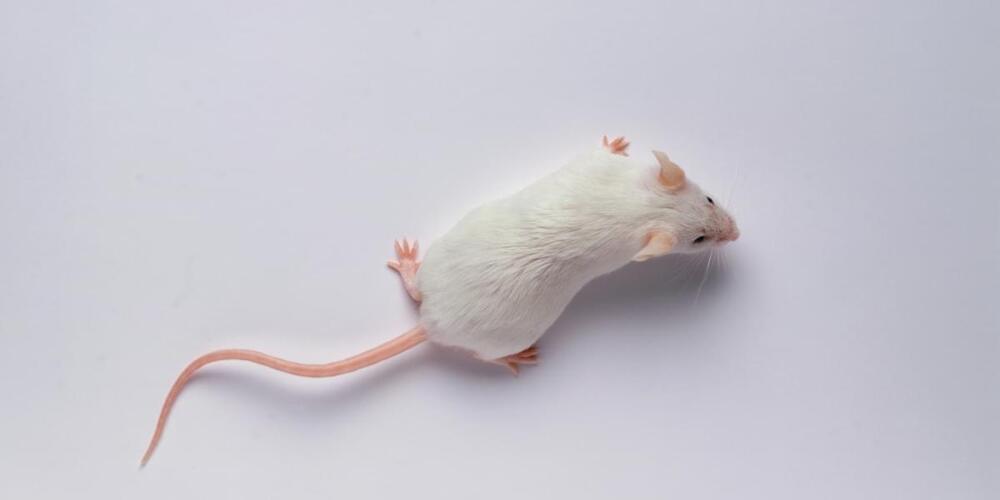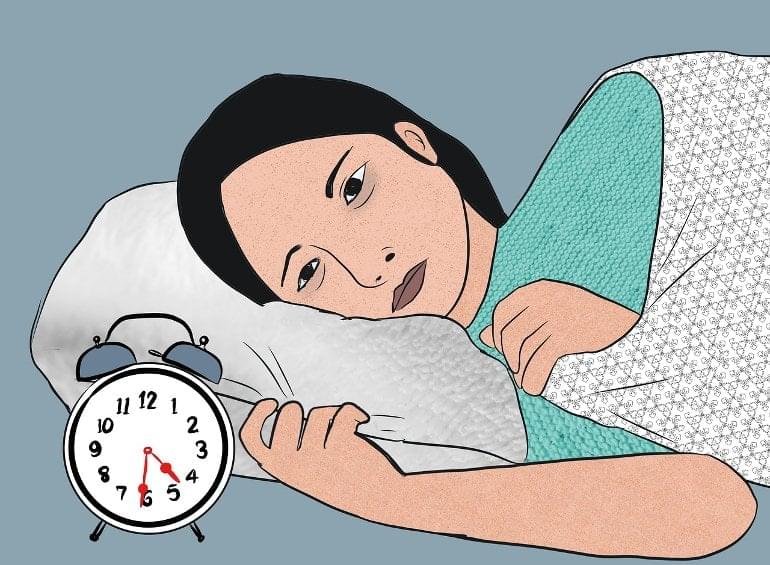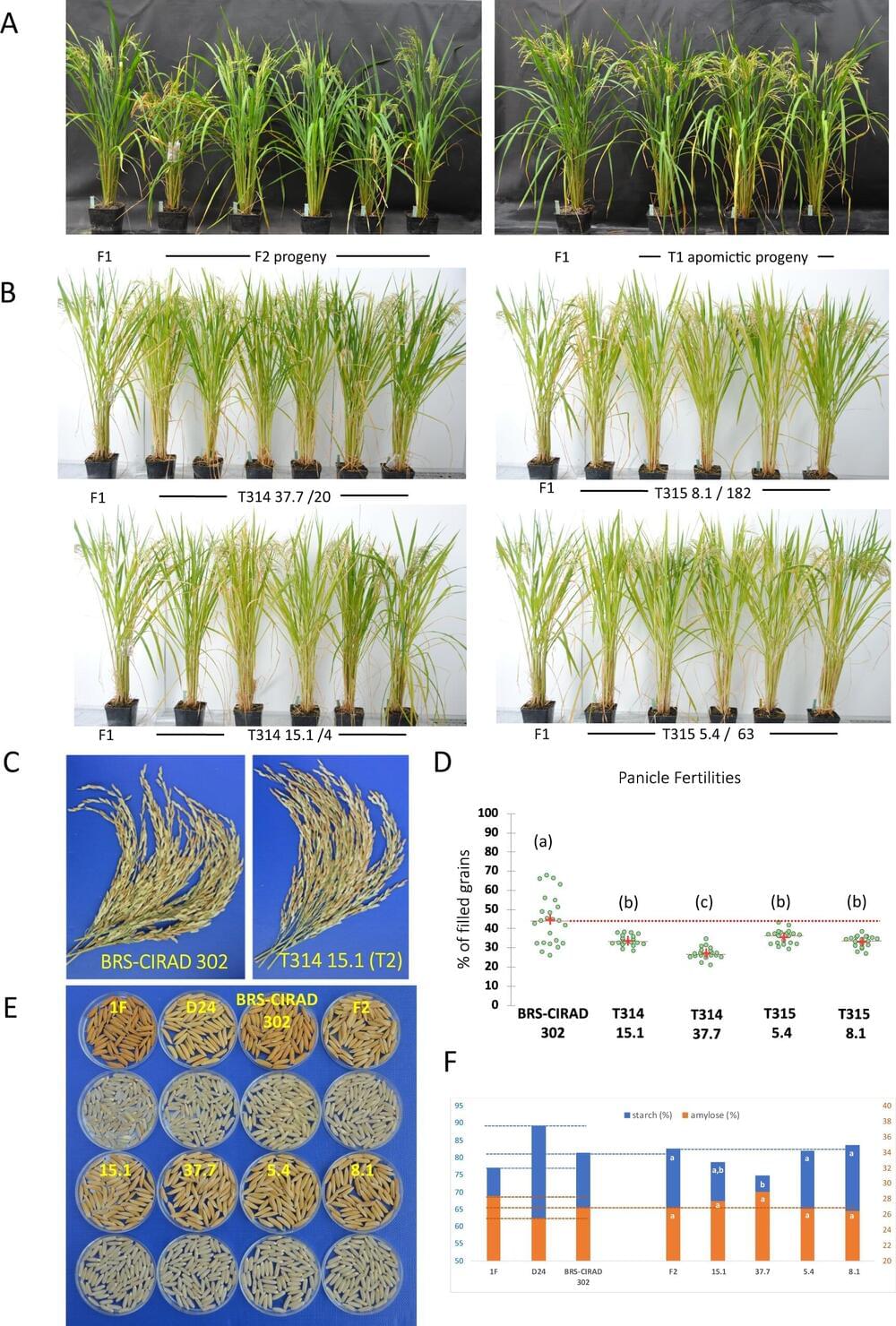Jan 12, 2023
COVID-19-Associated Acute Disseminated Encephalomyelitis: A Systematic Review
Posted by Omuterema Akhahenda in category: biotech/medical
I had similar symptoms, and I thought it was a covid infection. I need to get myself tested for ADEM. If your child or family member has a strange rash on the back or legs, take them to the hospital to see if it is ADEM before they have seizures like I did.
The objective of this study was to provide an overview of acute disseminating encephalomyelitis, a potential and serious complication of COVID-19.
Blood investigations and CSF analysis were done in 17 patients. Raised inflammatory markers were most commonly seen in nine (ferritin raised in four, C-reactive protein in five, and D-dimer in five), and lymphopenia was seen in four patients.
Continue reading “COVID-19-Associated Acute Disseminated Encephalomyelitis: A Systematic Review” »
